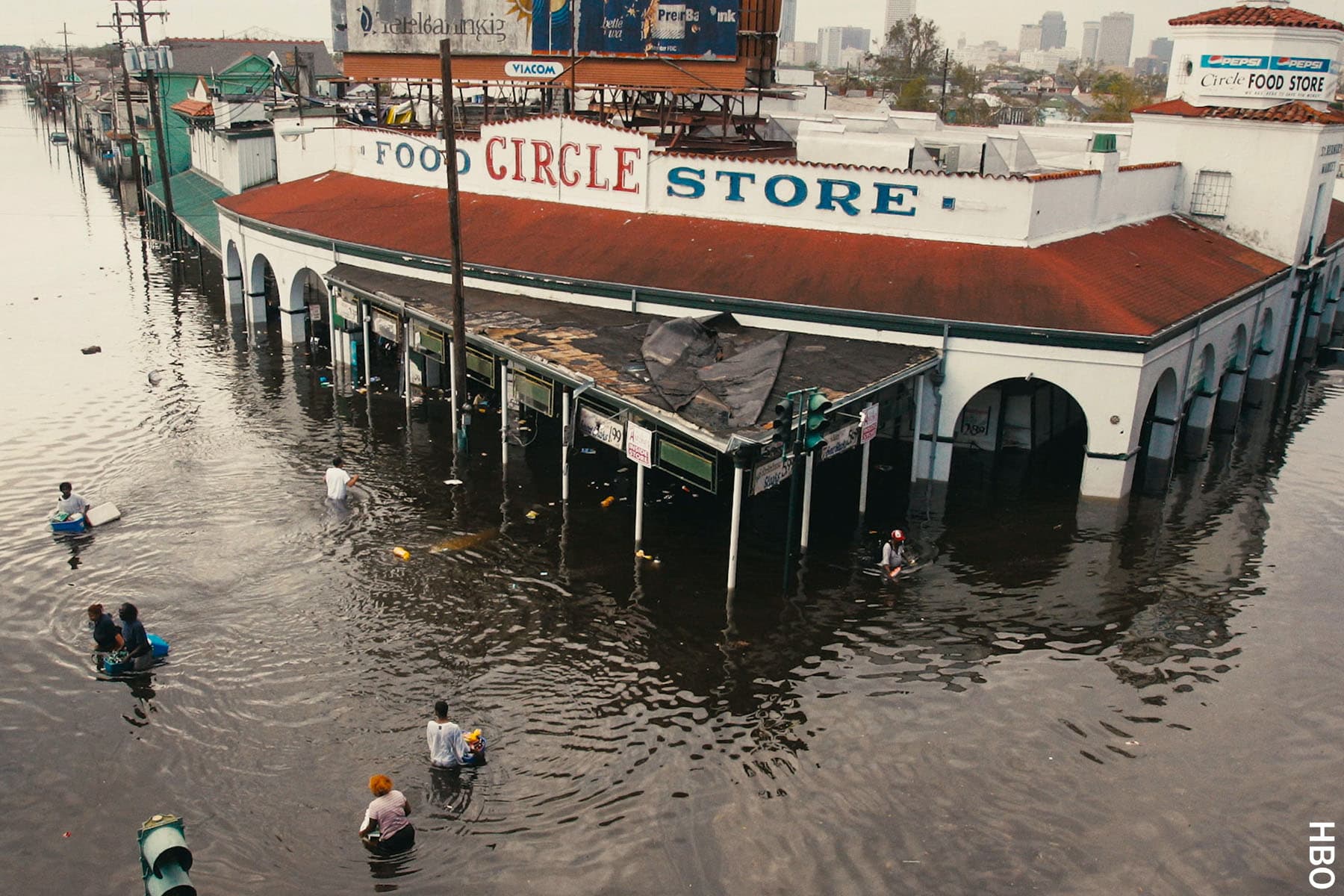Noncitizens can receive or apply for health benefits and other services without hurting their chances of securing permanent residency status — a “green card” — thanks to a final rule from the Department of Homeland Security (DHS) issued on Thursday.
The rule centers around the contentious “public charge” reason for inadmissibility and focuses on clarifying how DHS will not punish noncitizens, specifically noncitizens seeking admission into the U.S. or lawful permanent residency from within its borders, for availing themselves of health-related benefits and government services for which they qualify, such as Medicaid (with some exceptions, including long-term institutions like nursing homes) and the Children’s Health Insurance Program (CHIP).
By spelling out in a written final rule the “totality of the circumstances” provisions in the DHS statute, the agency is demonstrating that “individual factors, such as a person’s disability or use of benefits alone will not lead to a public charge determination.”
In a press release, HHS Secretary Xavier Becerra said that “people who qualify for Medicaid, CHIP, and other health programs should receive the care they need without fear of jeopardizing their immigration status.”
As the COVID-19 pandemic has made clear, it’s in all Americans’ best interest to leverage healthcare and other services to improve public health for everyone, he noted.
DHS will also not consider the use of the following non-cash benefits when assessing whether a person is likely to become a “public charge”:
- Food and nutrition assistance (e.g., the Supplemental Nutrition Assistance Program [SNAP])
- Disaster assistance under the Stafford Act
- Pandemic assistance
- Benefits received through tax credits or deductions
- Government pensions or other earned benefits
“Receipt of cash-based benefits, such as Supplemental Security Income (SSI), Temporary Assistance for Needy Families (TANF), and other similar programs, will not automatically exclude an individual from admission or green card eligibility, and will instead be considered in a ‘totality of the circumstances’ analysis,” noted the press release. “The final rule does not expand eligibility for Medicaid, CHIP, or other benefits to more people but clarifies DHS policy regarding recipients.”
Under the Trump administration, DHS introduced a 2018 draft rule, finalized in 2019, that had the potential to deny green cards to certain legal immigrants if they relied too much on public programs.
At that time, critics argued that the policies would dissuade immigrant families from accessing needed healthcare and nutrition assistance, thereby threatening the health of millions of adults and children.
In early February 2021, President Biden issued an executive order directing three federal agencies — the Justice, State, and Homeland Security departments — to review the “public charge” rule, which had been entangled in multiple state lawsuits. Two courts issued injunctions that, for a period, prevented the rule from being implemented, though both injunctions were ultimately lifted by the Supreme Court. On February 24 of this year, DHS issued a proposed rule.
Moira Szilagyi, MD, PhD, past-president of the American Academy of Pediatrics, called the Biden administration’s new rule, “a welcome and overdue step to protect immigrant families.”
“Pediatricians have witnessed the chilling effects of the prior administration’s harmful changes to this policy in our own patients, with families disenrolling from or avoiding critical healthcare, nutrition, and housing programs for which they or their children were eligible. The work to undo these impacts will take time, and additional action from the federal government,” she said in a statement.
She stressed that given the disproportionate toll of the pandemic on Black and Hispanic/Latino families, all federal agencies must “make clear, consistent communications to families that they can access needed healthcare without fear. We are committed to doing our job as pediatricians, providing care to children and working to ensure they are eligible for and can access nutritious foods, safe and stable housing, and economic supports regardless of their immigration status. We urge the government to continue its efforts to do the same.”
The final rule will take effect December 23.
![author['full_name']](data:image/png;base64,R0lGODlhAQABAAD/ACwAAAAAAQABAAACADs=)
Shannon Firth has been reporting on health policy as MedPage Today’s Washington correspondent since 2014. She is also a member of the site’s Enterprise & Investigative Reporting team. Follow
Note: This article have been indexed to our site. We do not claim legitimacy, ownership or copyright of any of the content above. To see the article at original source Click Here



![author['full_name']](https://clf1.medpagetoday.com/media/images/author/shannonFirth_188.jpg)





